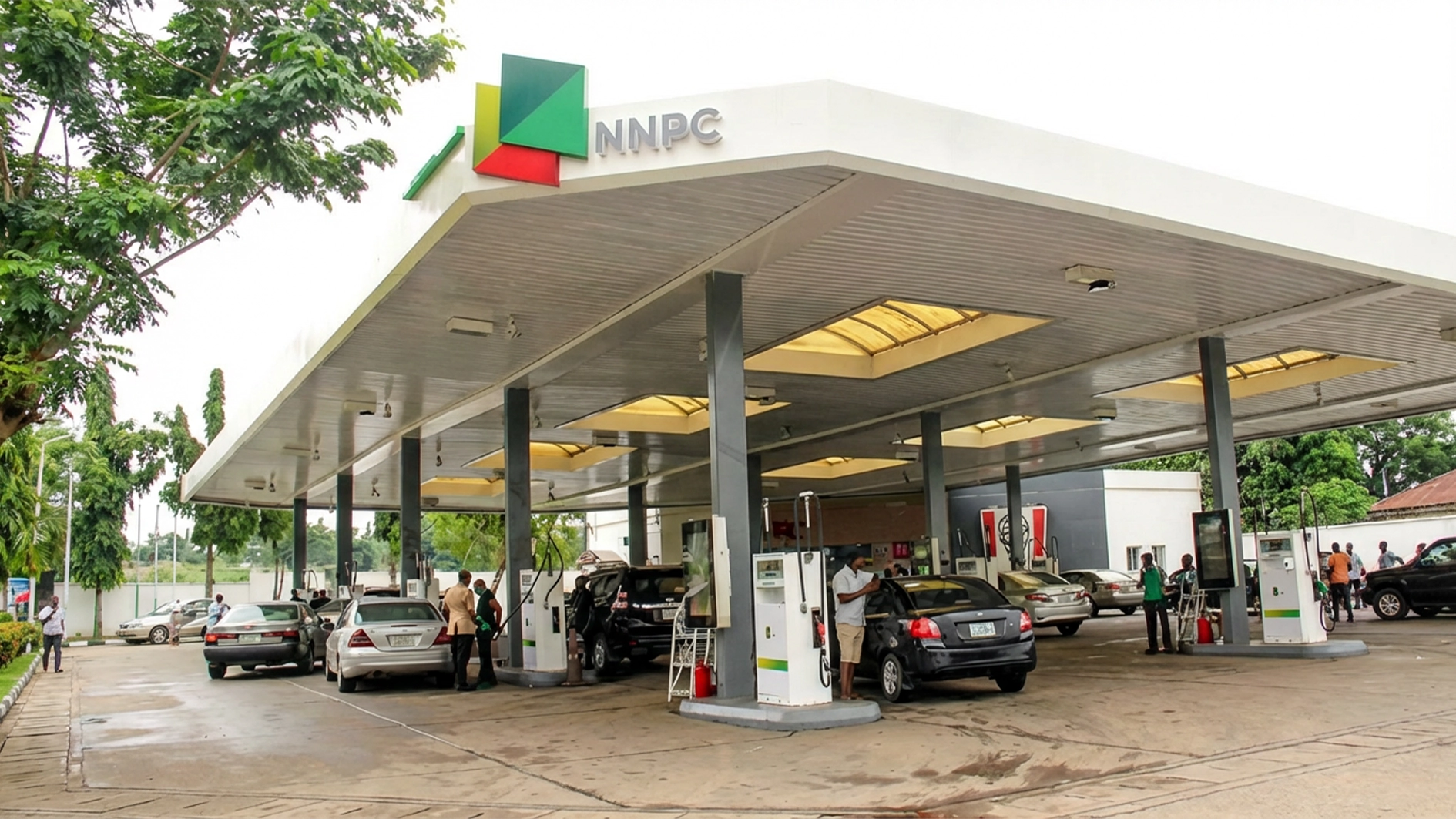While Nigeria may have shelved the planned increase in electricity tariff to the first quarter next year, the nation’s power generation companies (GenCos), said a cost-reflective tariff industry might be elusive without transparency in the sector.
Given poor remittances and liquidity crisis in the sector, the GenCos said transparency and monitoring were necessary for the cash flows into and out of distribution companies (DisCos), Transmission Company of Nigeria (TCN), and fuel suppliers.
The GenCos also called for System Operator metering, to address the challenges facing the Supervisory Control and Data Acquisition (SCADA) and associated systems, and to monitor and efficiently measure and incentivise measurable and transparent Key Performance Indicators (KPIs) nationally and across regions within DisCos.
The Nigerian Electricity Regulatory Commission (NERC), in August last year, announced it will review the tariff upward, which was done through consultations with the DisCos and other stakeholders in the sector.
It said the multi-year tariff order (MYTO) had put into consideration the actual changes inappropriate macroeconomic variables and available generation capacity in updating the operating MYTO 2015 Tariff Order for the period spanning from January 1, 2016, to December 31, 2018.
NERC further said a major review was underway and would be ready by December 2019, for implementation by January 2020. But the actual increase scheduled for April this year, was, however, deferred to July, given the impacts of the COVID-19 pandemic before a parliamentary intervention, which now pushed the plan to next year.
The Executive Secretary, Association of Power Generation Companies (APGC), Joy Ogaji, in a report on the “Interplay Of Cost-Reflective Tariff and Service Delivery,” noted that electricity bills should show KPIs and variables to explain movements.
She noted that while the sector needs a cost-reflective tariff, consumers are dissatisfied with the current level of service delivery in the sector.
“Their dissatisfaction is centred mainly on the lack of desired service commensurate to the bills from the electricity that is supplied from the national grid. This level of dissatisfaction has led to increased consumer restiveness and apathy to everything in power, including payment of electricity bills, as no one is willing to pay for services not rendered.
“Therefore, the average electricity consumer is not enthusiastic about paying higher for electricity, unless there is substantial improvement in service delivery from the distribution companies,” she stated.
She said to ensure transparency; NERC could issue a regulatory order mandating DisCos to meter all feeders and distribution transformers if no such Order yet exists.
To her, hourly or half-hourly meter readings for feeders and distribution transformers could be collated by the Business Units/Undertakings of each DisCo and sent to NERC either manually, or via an automated central online meter reading portal to be developed by the Commission.
“It is up to NERC to review this plan and come up with whatever means that is viable and robust enough to accurately record the hours of electricity supply by each feeder and distribution transformer on a daily basis, and ascertain the System Average Interruption Duration Index (SAIDI), and System Average Interruption Frequency Index (SAIFI) performances of DisCos,” Ogaji said.
She noted that the reading and processing of the new model reinforces the data challenges in the industry.
“The DisCos are not sure of how the customer population was determined, a key input in overall tariff determination. Even when they conducted customer enumeration, the processes were not independently verified, and hence remained largely un-bankable,” she disclosed.
As a result, she said customer demographics in the sector remain questionable, adding that the inability of the DisCos to meter customers may account for the reasons enumeration was not prioritised.






